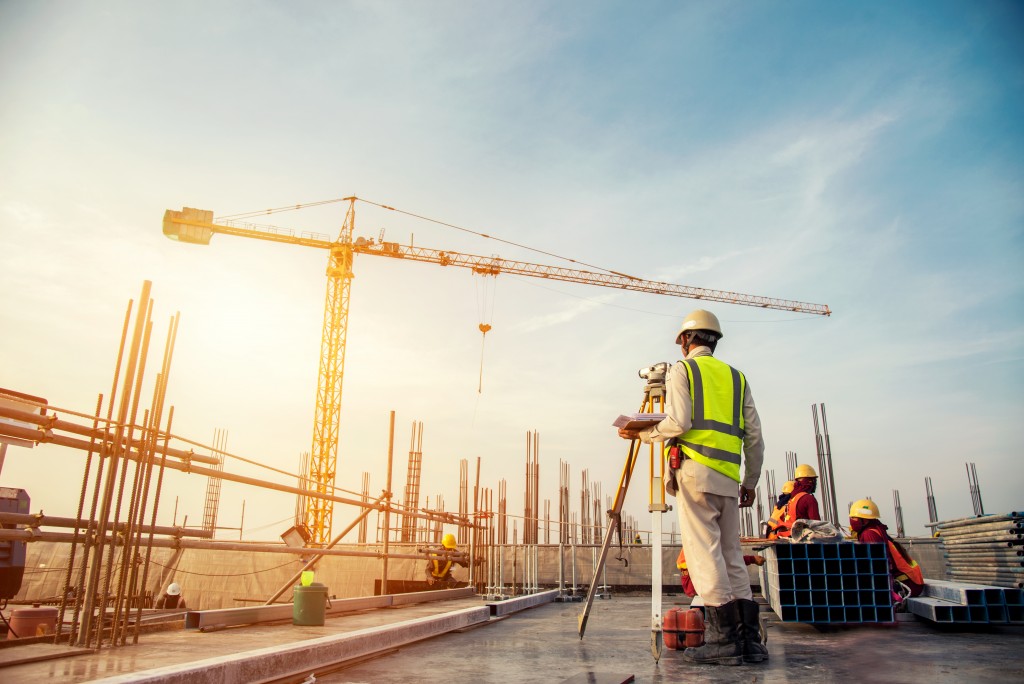If you are thinking of building a home in Fort Wayne you need to be prepared for the unexpected. Construction is never an easy process. But there are strategies that you can use to make the process more hassle-free. Here are tips to help you out:
1. Find a reputable contractor
Never build a home without professional help. The first step to take is to find a reputable Fort Wayne building contractor. One of the most common consumer complaints is shoddy work done. So, bear in mind that not all building contractors know what they are doing.
Some will take your money and fail to deliver the services they are supposed to. Others will do substandard work that compromises the integrity of your home. Getting a reputable contractor is your best chance of reducing the hassles that often accompany construction.
2. Get a customized floor plan
Unless you are an architect, you need to find a professional that will design a floor plan for you. It will enable the contractor and the sub-contractors to know how they will work. It also helps you visualize your vision so that you can determine if everything is the way it is meant to be.
Not having a floor plan means everyone will be playing a guessing game. Your rooms will be poorly planned. There is no guarantee that you will even have enough space for your HVAC systems or any other important component that you need. That means you will not be able to even estimate how long your project will take.

3. Estimate the costs of construction
You need to have an idea of how much it will cost you to construct a home in Fort Wayne. Studies show that the cost of building a home in Fort Wayne ranges from about $93 to $139 per square foot. If you have a floor plan, you would have an idea of the size of your home. That, in turn, enables you to get estimates of how much it may cost you to construct.
You need to have a figure to work with. That is because it gives you a better idea of how much you may need in terms of a home construction loan. But be careful not to be too rigid in your estimate.
Building a home comes with its own fair share of challenges. So, you may have to spend a bit more than you anticipate. For that reason, ensure that you also add a buffer to the estimates you have calculated. That buffer should be about 30% of your total estimate costs of construction. It is better to overestimate the costs and have money left over than to underestimate the costs and run out of money during the construction process.
4. Keep track of what is going on
While it can be tempting to let your contractor do all the work, you need to do your part. Take the time to keep track of what is going on during the entire construction project. That allows you to clarify your needs and ask for changes when they can still be done easily.
Conclusion
Building your own home enables you to get a customized place to live in. A reputable contractor can help you cut down the headaches associated with construction. But you must also have a plan and enough money to see the construction project too. Also, keep track of what is going on to prevent disappointments later on.


